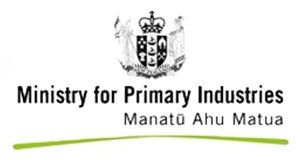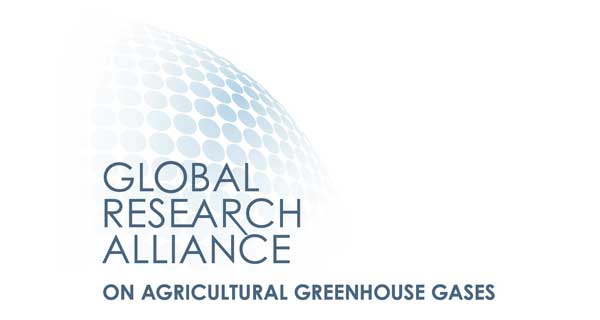Biological products for creating resilience to climate change
 Colombia
Colombia
 Argentina
Argentina
 New Zeland
New Zeland
Executive Summary
Global agricultural production faces challenges from climate change, drought, nutrient availability, pests and diseases. Biological products can reduce the use of agrochemicals and help improve productivity by minimizing the environmental risks of toxic waste and water pollution. Entomopathogenic fungi (HEP), phytopathogenic antagonists (PAH) and arbuscular mycorrhizal fungi (HFMA) have been studied for their application as insecticides or pathogen antagonists. However, their potential for developing bio-products has been studied little. This project proposes the integration of beneficial fungi including HEP, HAP and HFMA to improve production (+5%) and the resilience of corn crops to climate change with added benefits via reduced agrochemical use (50%), the control of pests and diseases, greater tolerance to drought and soil carbon sequestration. This will be achieved using the native biodiversity of Colombia; Argentina and New Zealand are looking for the most promising alternatives for the development of biologicals that can be integrated into a technological package to be applied in maize cultivation and replicated in other crops post-validation.
The technological solution
This initiative aims to create a strategy for improving production by 5% and corn crop resilience to climate change through the use and integration of beneficial fungi. Microbiological biodiversity already evaluated for biopesticide and biofertilizer qualities will be integrated to mitigate the effects of climate change.
Results
1. Molecular identification of beneficial fungal isolates used in the project
2. Baseline of insecticide activity for each native fungal isolate
3. Baseline of antagonistic activity for each native fungal isolate
4. Baseline of entomopathogenic and antagonistic activity of foreign fungal isolates
5. Standardized methodology for measuring soil-based carbon sequestration
6. Proven soil-based carbon sequestration by beneficial fungi
7. Drought tolerance results for beneficial fungi
8. Analysis of the benefits of fungal application represented by reduced fertilizer and pesticide use
9. Protocols of methods applied during the project and information about selected beneficial fungi
10. Workshops for strategies to consider for uptake by producers
11. Documents to form the basis of at least two scientific papers, a video for dissemination and a publication that agricultural producers can access.
Beneficiaries
Direct beneficiaries will be corn producers in Colombia and Argentina. Further beneficiaries include professionals, students and technical assistants that will participate directly and indirectly in the development of this proposal (100 per country).
Indirect beneficiaries will be businesses that produce and commercialize biologicals, the academic sector and research sectors of the involved countries. Poultry and pork production chains will benefit from corn production being directed to animal feed, one of the greatest unmet demands in Colombia where 80% is imported.
Participating Organizations
Executor
- Corporación Colombiana de Investigación Agropecuaria (AGROSAVIA) - Colombia
Co-executor
- Instituto de Investigaciones en Biodiversidad y Biotecnología (INBIOTEC) - Argentina
Associated
- Instituto Nacional de Tecnología Agropecuaria (INTA) - Argentina
- Universidad Nacional de Quilmes (UNQUI) - Argentina
- AgResearch - Nueva Zelanda (AgResearch) - Nueva Zelanda
- Federación Nacional de cultivadores de cereales, leguminosas y soya (FENALCE) - Colombia






